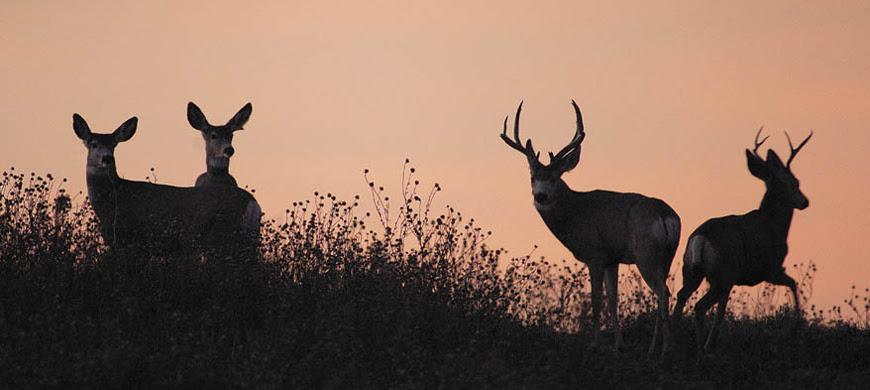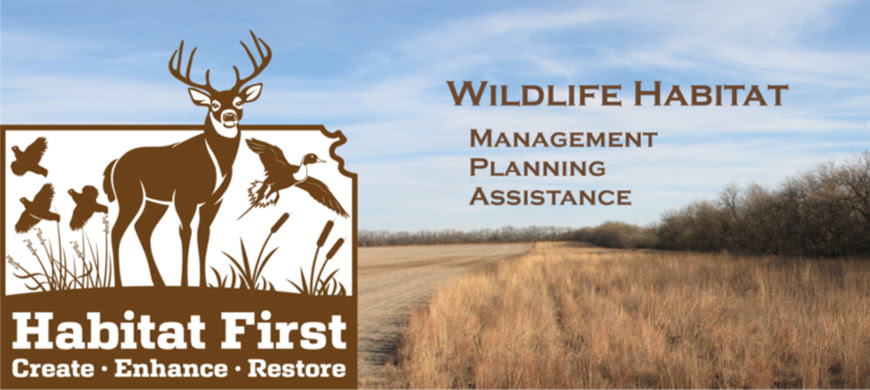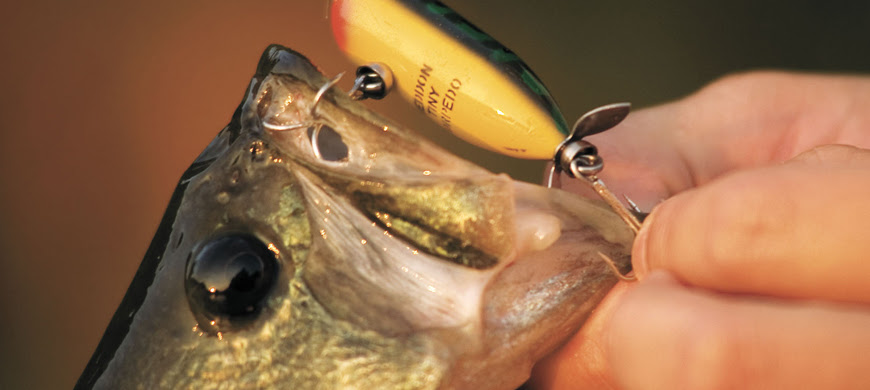PRATT – The Kansas Wildlife, Parks and Tourism Commission will conduct a public meeting in Clay Center at Life’s Finer Moments, 1285 16th Road, on August 11, 2016. The afternoon session will begin at 1 p.m. and recess at 5 p.m. The evening session will convene at 6:30 p.m. The public is invited to attend both sessions and time is set aside for public comment at the beginning of each for discussion of non-agenda items.
The afternoon session will begin with Secretary Robin Jennison’s report on the agency and state fiscal status and an update on pertinent 2016 legislative actions. The General Discussion portion of the meeting will include a review of big game regulations, a Tourism Division update, discussion on the Flint Hills Nature Trail Project, and an update on Ducks Unlimited wetlands projects in the state.
The evening portion of the meeting will convene at 6:30 p.m. for the Workshop Session where topics include 2017 turkey regulations, park regulations, fishing regulations, and regulations pertaining to threatened and endangered species will be discussed.
If necessary, the commission will reconvene at the same location at 9 a.m., August 12, to complete any unfinished business. Information about the Commission, as well as the August 11 meeting agenda and Briefing Book, can be downloaded at ksoutdoors.com/KDWPT-Info/
Live video and audio streaming of the August 11 meeting will be available at ksoutdoors.com. If notified in advance, the department will have an interpreter available for the hearing impaired. To request an interpreter, call the Kansas Commission for the Deaf and Hard of Hearing at 1-800-432-0698. Any individual with a disability may request other accommodations by contacting the Kansas Wildlife, Parks and Tourism Commission secretary at(620) 672-5911.
The next Kansas Wildlife, Parks and Tourism commission meeting is scheduled for October 20, 2016, in Liberal.

































